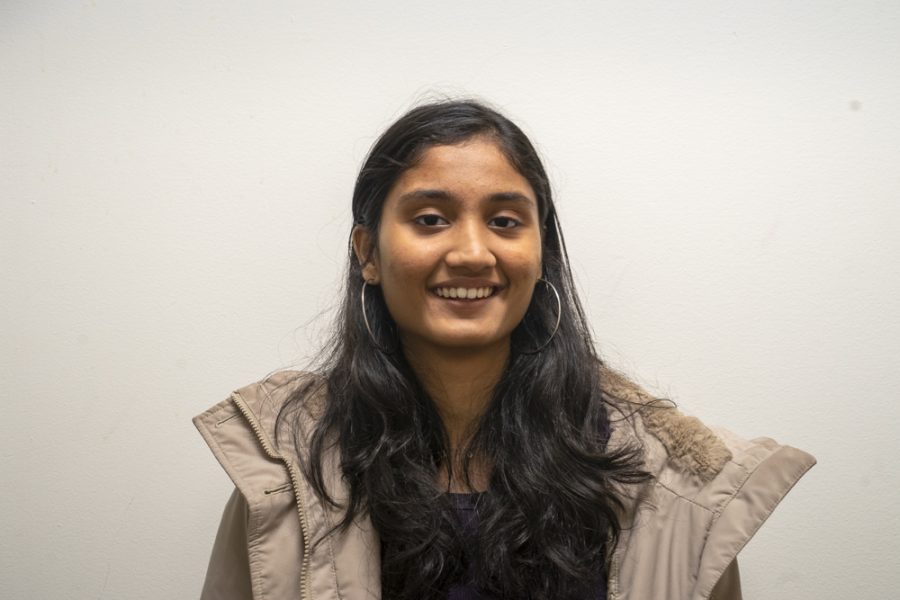This past week, the executive director of UNICEF released data stating that 364 million children worldwide do not have access to the internet. For most of us, losing internet access means not being able to check our Instagram feed or, god forbid, losing our Snapchat streaks.
For some, though, the internet can be more than just a way to connect on social media. A number of young people are choosing to study online rather than go the old textbook route. This has its own set of disadvantages — online courses are more susceptible to cheating and fraud on both ends with no one to monitor them. But despite their flaws, these classes are more of an advantage than a disadvantage to people around the world.
While access is limited to those with internet, there is work being done to bring online education to every corner of the globe. Online courses are an important part of the changing nature of education and should not be dismissed.
Universities such as the University of California, Berkeley and Ashton College in Canada provide a variety of online courses for students who want to study at their own pace or from a space in which they are comfortable. The internet facilitates easy access to a host of professors who can convey information through video and audio.
Thousands of underprivileged children across the world also make use of online courses. For example, Elvis Chidera, a Nigerian boy who did not have the resources to further his passion for coding, was able to do so by taking online classes. Chidera saved 100 Nigerian Naira — the equivalent of about 28 cents — every month, in order to pay for the internet to learn coding languages online. This story presents the perspective of a completely different consumer of online courses — eager students who simply want an education.
Resources such as Khan Academy provide the perfect mix of an ethical forum and a medium that is free for all who are eager to learn. As an international student, I made use of Khan Academy to study for my AP Microeconomics course, because it was so different from the way economics was taught in my home country. Soon, Salman Khan — the founder of Khan Academy who teaches most of the courses himself — became less like a distant voice and more like an influential teacher. Khan Academy boasts an impressive success rate — students grow using the colorful interface, lectures offered by experts in their fields and consistent exercises available on the platform.
A study conducted by the International Review of Research in Open and Distributed Learning in 2018 found that nontraditional mediums of learning such as e-laboratories could be just as effective as a traditional classroom. But as someone who prefers physical copies of textbooks and makes full use of the printing facilities afforded by NYU to make copies of all my online notes (my printing balance is a single digit), I know the old-school way of studying still has its pros. Face-to-face interactions with a professor, a dynamic classroom and an emphasis on discussion all help to foster the growth of a student’s emotional quotient.
Another problem with online methods is the element of cheating. A friend in high school gamed the system by making multiple accounts in the same online course. When she’d get a wrong answer, she’d click the correct one in another account. She learned close to nothing but received five A-grades in courses ranging from engineering to computer science. She is now a student at a prestigious Ivy League school. This kind of story isn’t unique — a study published by the dean of Northcentral University found that cheating and plagiarism occur more often online than in face-to-face lectures due to a lack of supervision and poor time management by students.
Although online courses have their own set of fallbacks, it is important to remember that they do more good than harm. By providing a means for curious students of all ages to learn, online courses help progress our society. It’s worth it for students like Elvis Chidera, now a successful software engineer in Dubai. Perhaps some fine-tuning of online courses is what is needed for them to slowly make learning accessible and fair for all.
“Op-Ed Your Eyes” is a commentary on current affairs, and Diya’s goal is to make her readers more aware about what’s happening in the world. Diya Jain is a first-year in CAS studying economics.
Opinions expressed on the editorial pages are not necessarily those of WSN, and our publication of opinions is not an endorsement of them.
A version of this article appeared in the Monday, April 8, 2019, print edition. Email Diya Jain at [email protected].

























































































































































